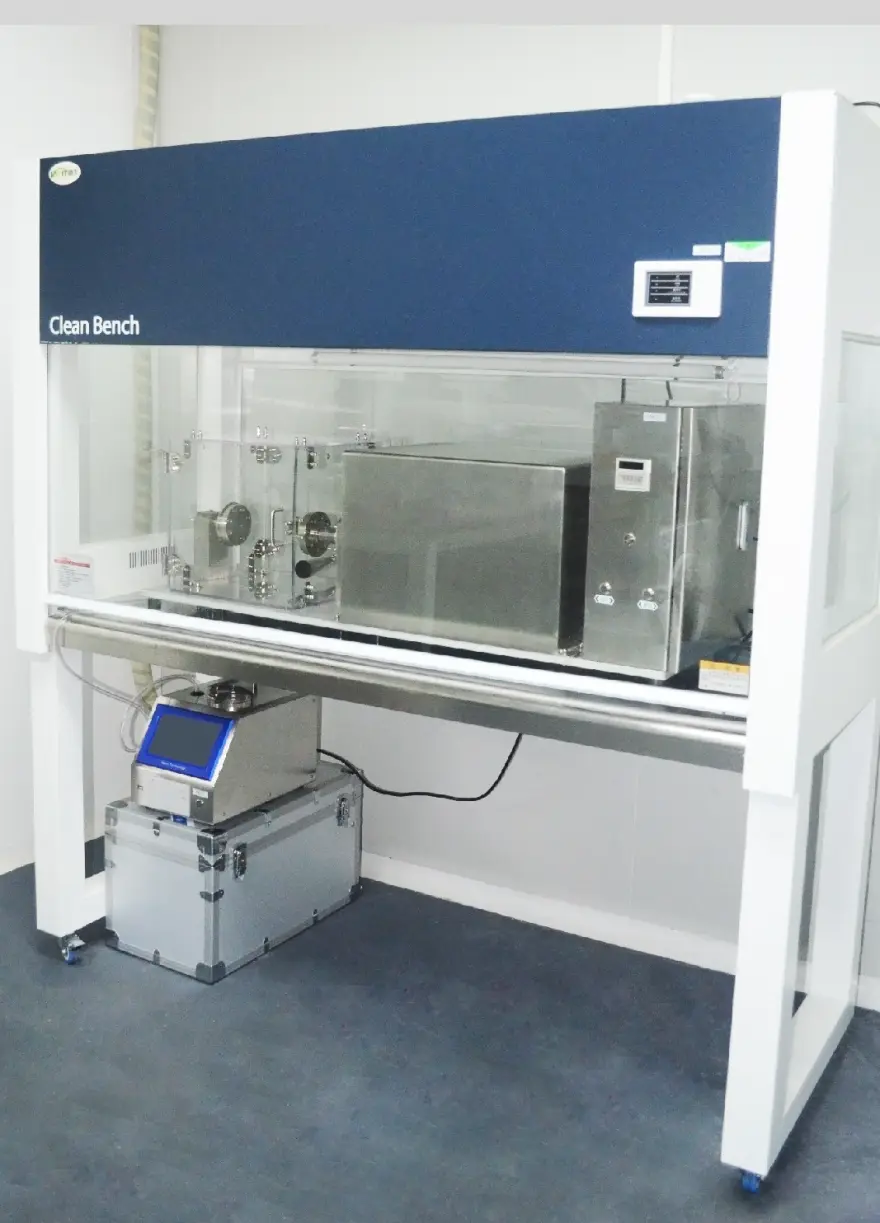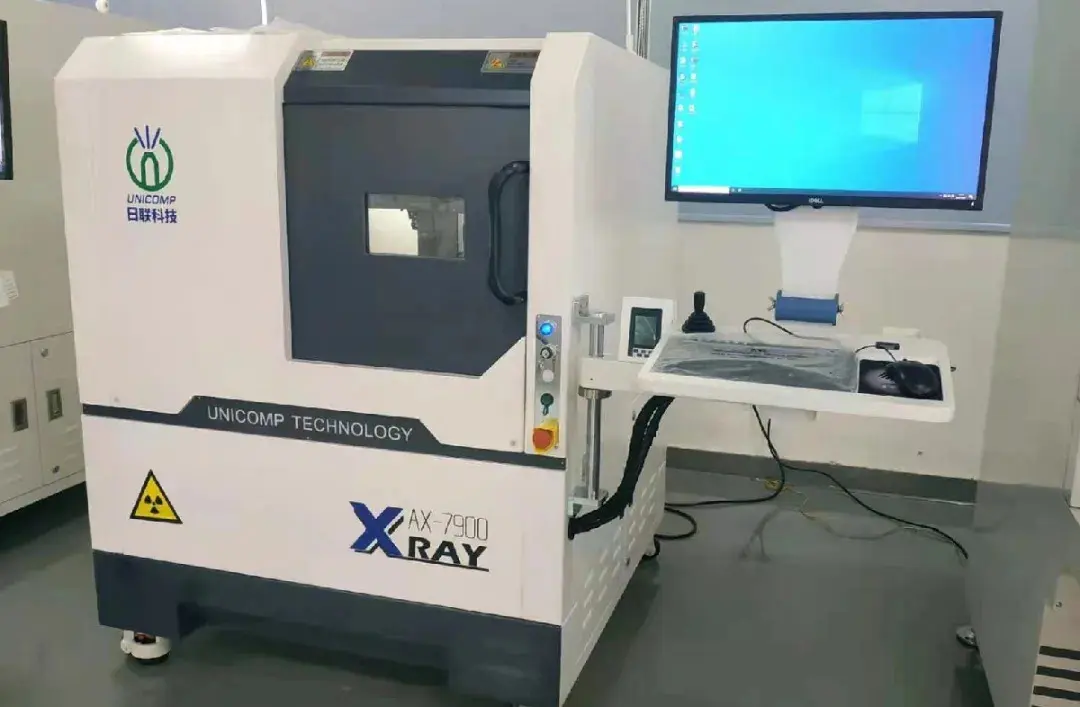
FCC Certification for Electronics
What is the FCC for Product Exports to the USA?
The Federal Communications Commission (FCC) is an independent government agency responsible for managing and regulating radio communications and television broadcasting in the United States. FCC certification means that a product meets the technical specifications and requirements set by the FCC and has passed the certification process conducted by a testing laboratory.
There are two types of FCC certification modes: fcc sdoc and fcc id.
FCC ID Certification
FCC ID is primarily used for communication products. For most wireless products that use 2.4G, FCC ID certification is required for entry into the US market. Products with wireless signal transmission and reception capabilities need to apply for an FCC ID to be sold in the US. In simple terms, products with Wi-Fi, Bluetooth, 3G, 4G, and other wireless functions need FCC ID certification.
Examples of products that require FCC ID certification include Bluetooth headsets, Bluetooth speakers, mobile phones, routers, and smart children's watches.
Specific product ranges for FCC ID:
1. Transmission Frequency: 125KHz, 13.56MHz
- Common products: bus card readers, wireless chargers, access control card readers
2. Transmission Frequency: 27MHz, 49MHz
- Common products: wireless mice and keyboards, remote control toy cars
3. Transmission Frequency: 315MHz, 433MHz (intermittent, periodic products; remote control toys prohibited)
- Common products: doorbell systems, alarm devices, remote control switches
4. Transmission Frequency: 88-108MHz
- Common products: car FM radio equipment
5. Transmission Frequency: 902-928MHz, 2400-2483.5MHz, 5725-5850MHz
- Common products: remote control toys, wireless mice, Bluetooth speakers, Wi-Fi drones, smart home products
FCC SDoC Certification
FCC SDoC is mainly for general electronic and electrical products, such as traditional home appliances and lighting products without wireless functions.
Specific product ranges for FCC SDoC:
1. Audio and Video Products
- Common products: DVD/VCD players, MP3 players, home audio systems, radios, CRT/LED/LCD TVs
2. Personal Computers and Peripherals
- Common products: interface cards, electronic games, power supplies, UPS, fax machines, modems, answering machines, switches, monitors, printers, keyboards, power adapters, mice, scanners
3. Household Appliances and Power Tools
- Common products: microwaves, air conditioners, vacuum cleaners, electric toys, automatic rice cookers, electric shavers, clippers, hair dryers, bread toasters, massage appliances, battery chargers, household stoves, washing machines, induction cookers, electric food processors, small power motors
- Power tools: electric drills, grinders, circular saws, nail guns, pneumatic drills, refrigerators, irons, food processors, electric kettles, electronic sterilization cabinets
4. Lighting
- Common products: energy-saving lamps, stage lights, dimmers, converters, electronic dimming equipment for stage and entertainment venues, AC electronic ballasts for tubular fluorescent lamps, tubular fluorescent lamps, ballasts, fixed and portable lamps, embedded lamps, LED lamps, LED screens, LED power supplies/drivers
5. Security Products
- Common products: monitors, cameras, alarms, security products, access control systems
6. Toys
- Common products: children's electronic toys
FCC Certification Costs
Generally, common electronic products, except for those with wireless transmission functions, scanning receivers, broadband over power lines, radar detectors, etc., require FCC ID certification. Others can use SDoC.
1. Common Products with FCC-SDoC
- Examples: robotic vacuums, fans
- Cost: approximately $800, takes about 1-2 weeks
2. Wireless Products with FCC ID
- Examples: Bluetooth speakers, wireless printers, mobile phones
- Cost: approximately $3000, takes about 4 weeks
Email:hello@jjrlab.com
Write your message here and send it to us
 Packaging Validation ISO 11607 Test Report
Packaging Validation ISO 11607 Test Report
 What is the ISO 11607-1 Packaging Validation Test?
What is the ISO 11607-1 Packaging Validation Test?
 How to get an ISO 11737-1 Test Report?
How to get an ISO 11737-1 Test Report?
 Orthopedic Implant Cleanliness Testing
Orthopedic Implant Cleanliness Testing
 What is ISO 10993-23:2021 Irritation Testing?
What is ISO 10993-23:2021 Irritation Testing?
 ISO 10993-23 Irritation Testing Laboratory
ISO 10993-23 Irritation Testing Laboratory
 EMI Emissions Testing
EMI Emissions Testing
 EMC Standards for Medical Devices
EMC Standards for Medical Devices
Leave us a message
24-hour online customer service at any time to respond, so that you worry!




